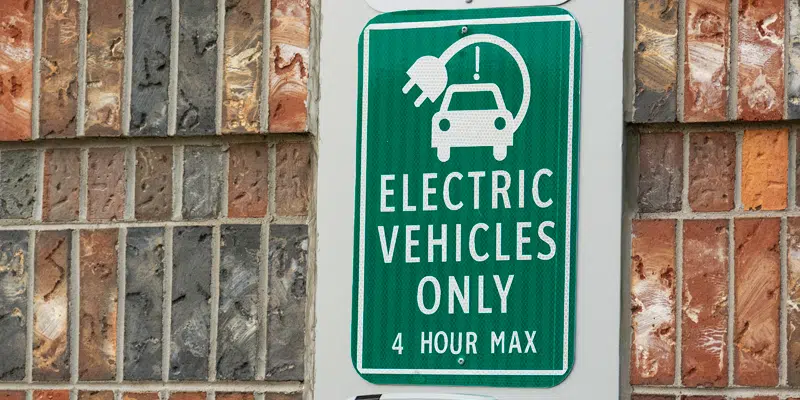The country is moving towards net-zero by 2035, and while the uptake on electric vehicles is on the rise, there’s a long way to go before mass adoption of electric vehicles is possible.
That’s according to the Atlantic Economic Council which released its latest research report in its net-zero series; “Shifting Gears Toward an Electric Vehicle Future.”
The report shows that PEI has the country’s fourth-highest rate of adopting electric vehicles at 7.4 per cent in 2023, while Newfoundland and Labrador ranked second last at just 2.8 per cent.
That’s not surprising according to the AEC, given NL’s “vast land area and low population density.”
Emissions from light-duty vehicles represent 18 per cent of the Atlantic region’s total emissions and while electric vehicle adoption is rising globally, local rates are hindered by higher up-front costs and limited access to charging stations.
The think-tank says the average price of a new vehicle in Canada is $66,000, but the average price of a battery electric vehicle is $73,000. The AEC says electric vehicle subsidies can lower prices by up to $10,000, however that would likely benefit mainly higher-income earners, and “are a costly way to cut emissions.”
The report also points to questions surrounding the impact of more electric vehicles on peak electricity demand. Most charging occurs during off-peak hours, but shifting charging to periods of excess grid capacity will depend on incentives like time-of-day rates. Nova Scotia Power is currently the only major utility in Atlantic Canada offering time varying rates for some residential customers.























